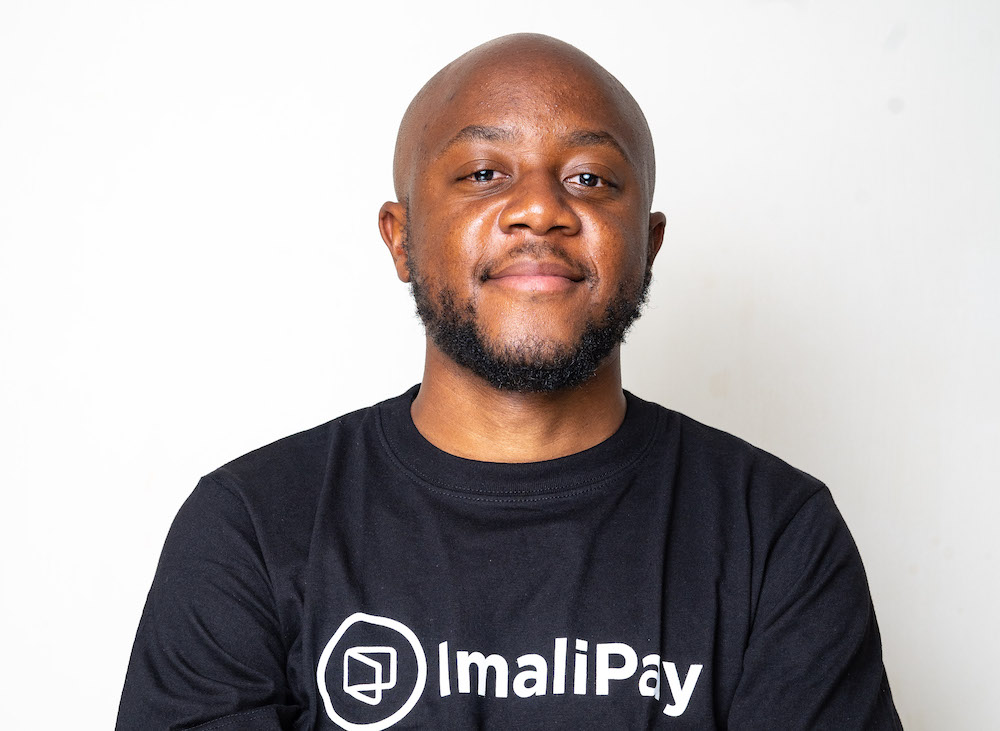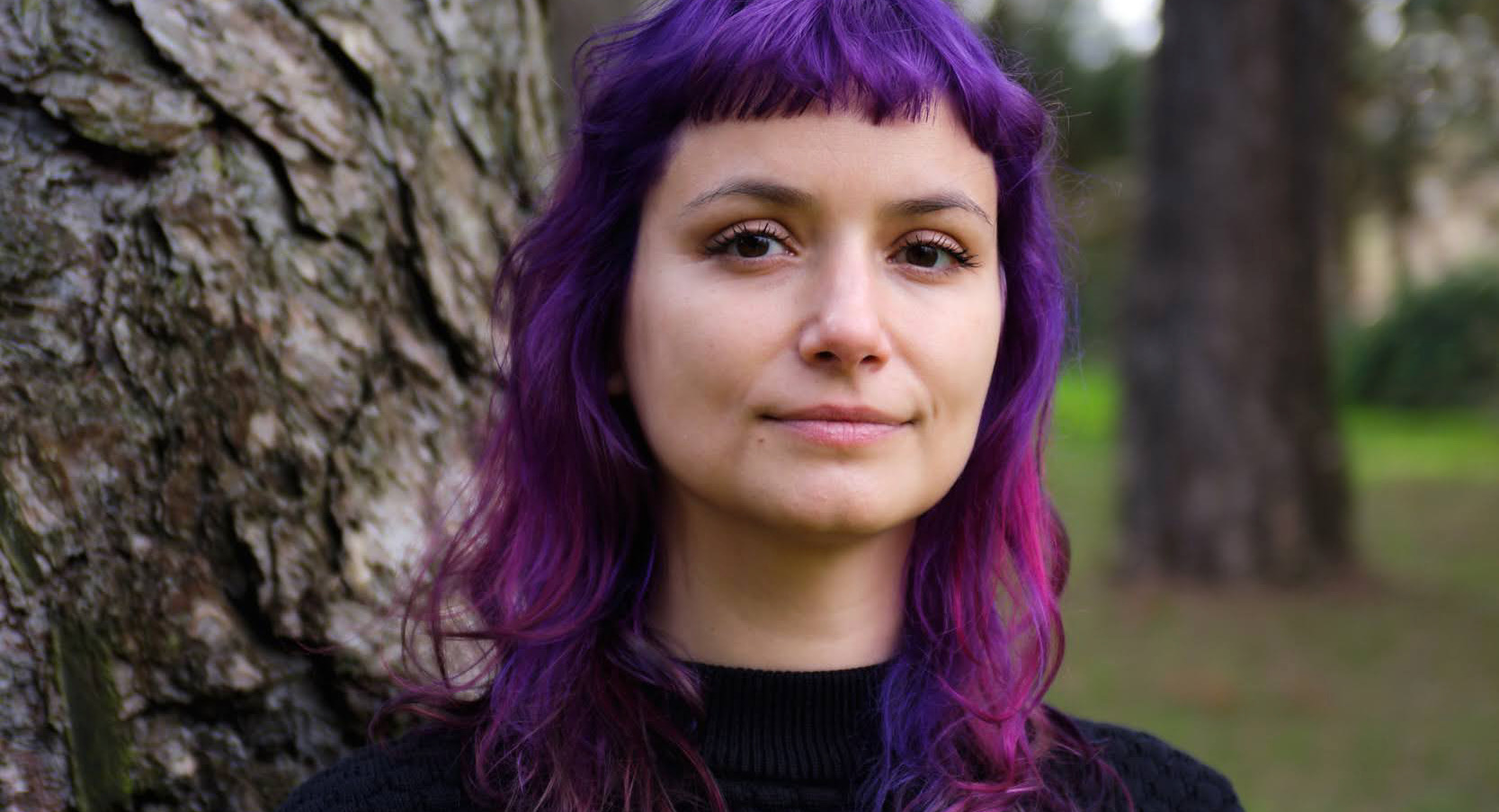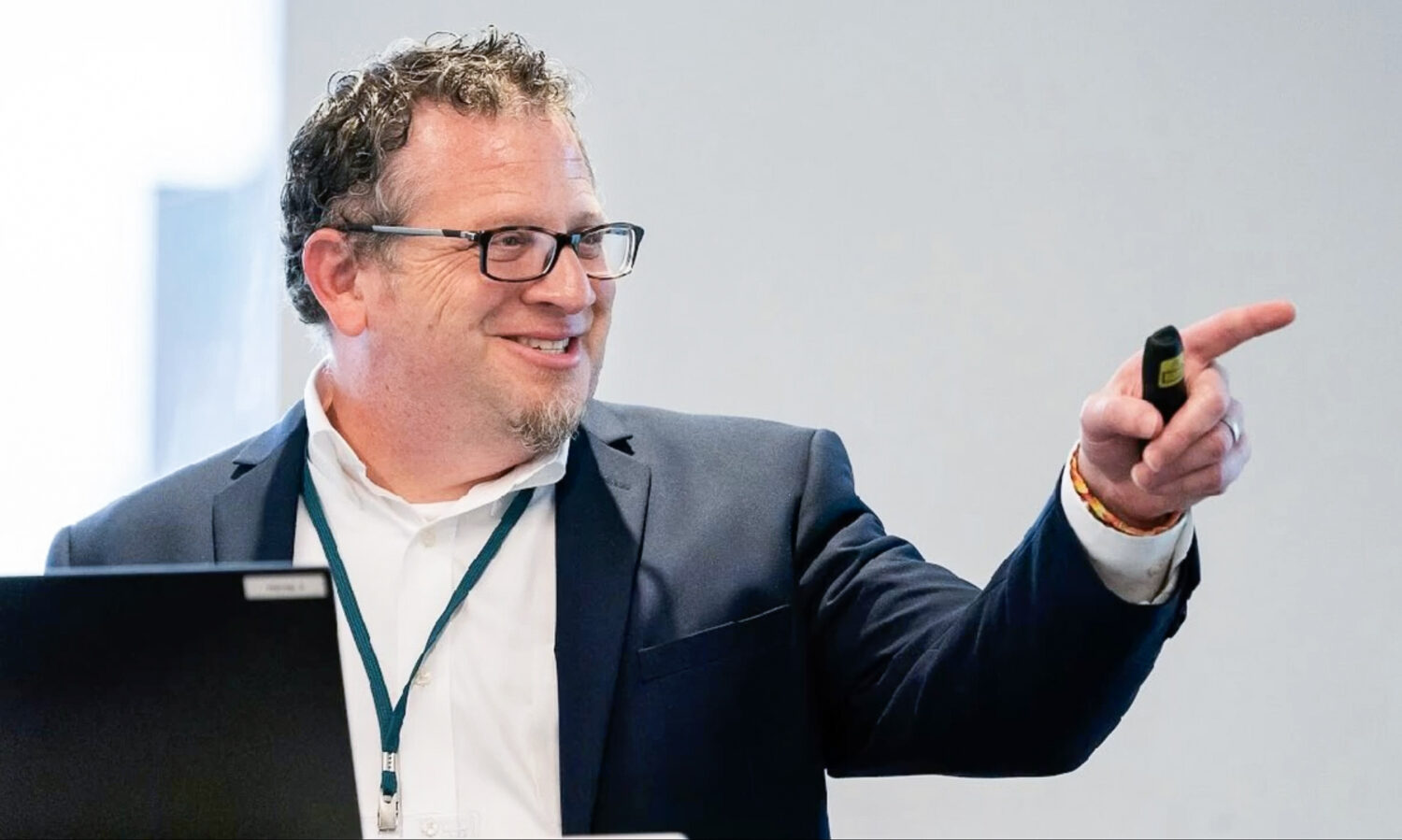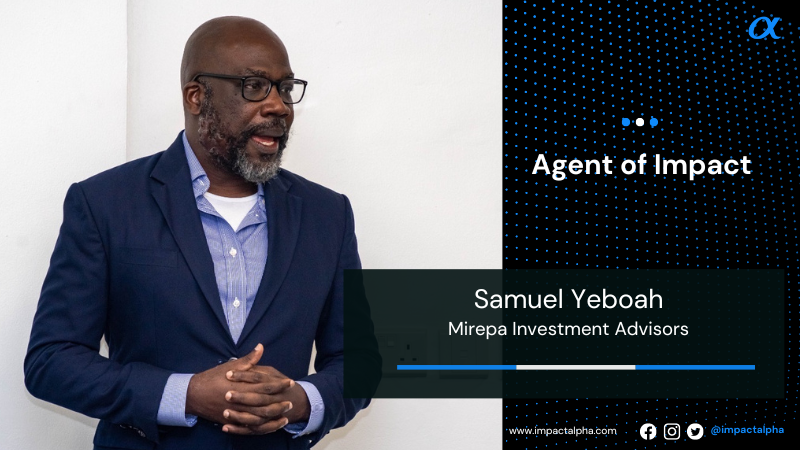ImpactAlpha, November 12 – A tragedy in Nairobi spurred Tatenda Furusa to follow his calling. The serial entrepreneur from Zimbabwe was working for digital payments company Cellulant and was one of the lucky ones to escape the DusitD2 Hotel terrorist attack in January 2019.
“I thought to myself, if something had happened to me, what legacy would I leave?” he told ImpactAlpha. “My deep passion was to start a business in Africa that would impact millions of lives.”
Less than a year later, Furusa borrowed $10,000 from his family in Zimbabwe to co-launch ImaliPay with Sanmi Akinmusire. The startup provides fintech services for Africa’s self-employed, freelance and informal gig workers.
Apps like Uber, Glovo and Lynk connect about nine million “online” gig workers in Africa today. The Mastercard Foundation estimates there will be 80 million by 2030.
ImaliPay aims to be a one-stop shop for savings, credit and insurance services. “We want to be the financial services provider that knows your gig, what you do, how much you earn,” Furusa says, “to help you move from not having your payslip recognized to being recognized, to having access to micro-credit and to building a credit score.”
ImaliPay launched with a simple Whatsapp bot and two products. Buy-now-pay-later financing, popular in Kenya, helps workers get goods and services related to their gigs, like smartphones, fuel or car parts. An earned-wages savings account allows workers to get paid less frequently—something Nigerian workers were demanding of ride-hailing services and other gig apps.
“Savings is our biggest product in Nigeria, because the culture there is to only take a loan if you really, really need it,” Furusa explains.
ImaliPay offers alternative credit-scoring to give workers an on-ramp as it adds more sophisticated financial services, like payment cards and insurance.
ImaliPay is backed by Mercy Corps Ventures, FINCA Ventures and other investors (Furusa’s friends and family made an additional investments as well). The company operates in Kenya, Nigeria and South Africa and wants to serve 100,000 customers by the end of next year, Furusa says.
The legacy of the Nairobi attack helps him keep things in perspective. “Whenever there are issues at ImaliPay,” he says, “I realize it’s never as grave as you think.”











